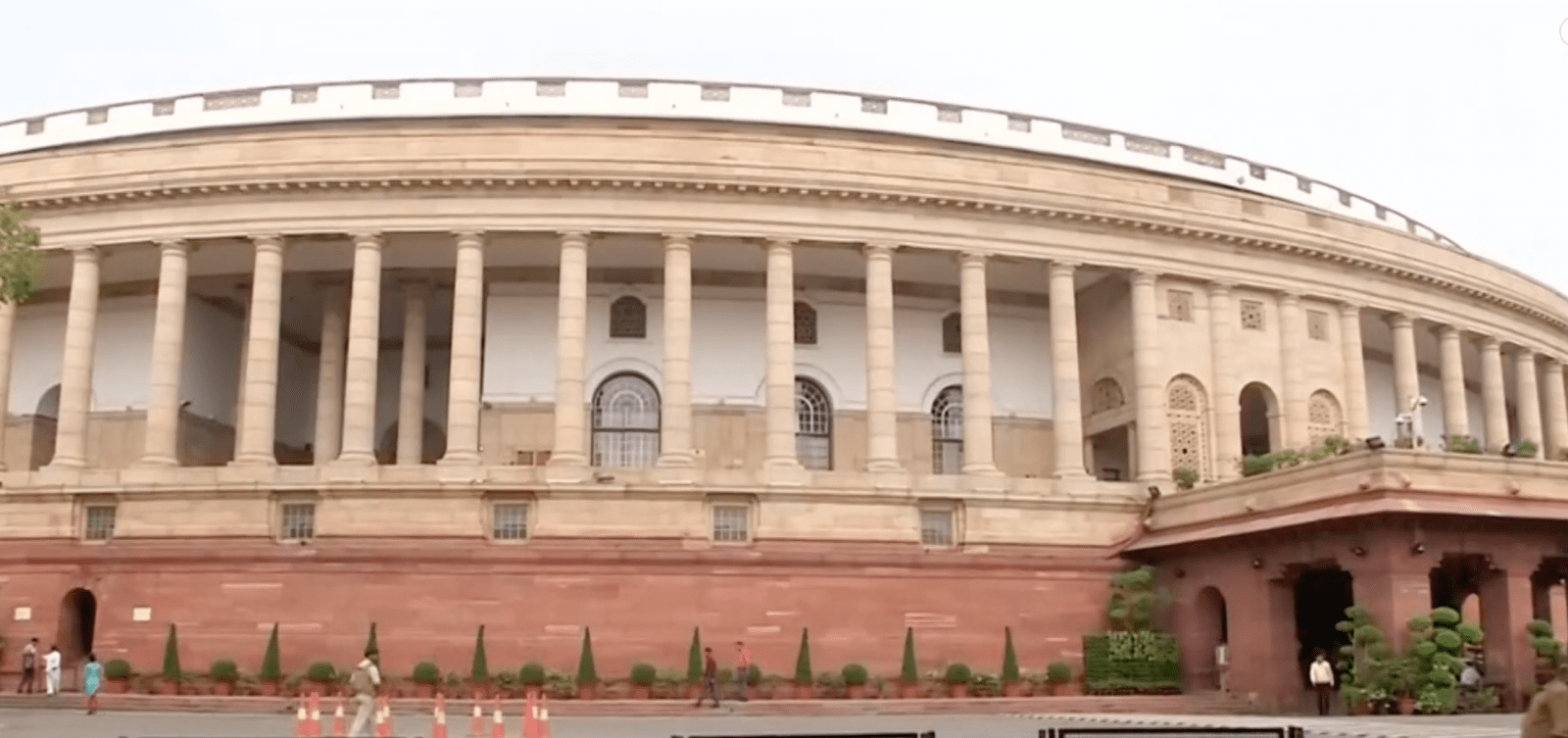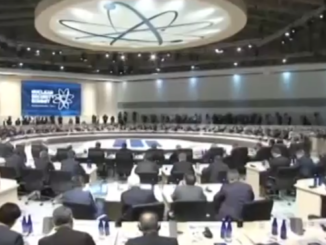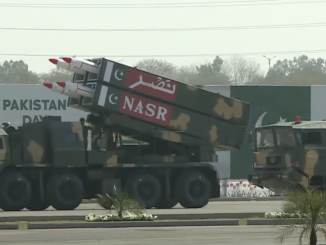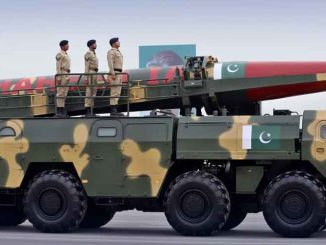 The Indian government led by PM Modi under BJP rule revoked the special status of Jammu & Kashmir by scrapping Article 370. This act of Modi may have surprised people but it was not at all surprising for those who have been in touch with Modi’s election campaigns for his second term in office, and the agenda he was following with the mind-set of a true RSS follower. If one takes a sneak peek at Modi’s backup team, three people would come on top as Machiavelli’s hands. One is the Minister of Defence, Rajnath Singh; the second is the Minister of Home Affairs, Amit Shah, who is leading the BJP as its President since 2014; last, but the most instrumental among all three, is Ajit Doval, the national security advisor and father of ‘’the Doval Doctrine’’, which principles non-kinetic use of force against Pakistan. Mr Doval has been an eminent and successful IPS officer and has served as the director of the Intelligence Bureau in 2004–05, after spending a decade as the head of its operations wing. This trio, along with many unnamed people, tried their best to end an affair that was long-standing between India and Pakistan, and was more of an Achilles foot for the latter. Apparently, the unresolved issue of Kashmir has walled India from becoming a regional power vis-à-vis Pakistan, and it is the only significant area where it can overpower its next door neighbour symbolically.
The Indian government led by PM Modi under BJP rule revoked the special status of Jammu & Kashmir by scrapping Article 370. This act of Modi may have surprised people but it was not at all surprising for those who have been in touch with Modi’s election campaigns for his second term in office, and the agenda he was following with the mind-set of a true RSS follower. If one takes a sneak peek at Modi’s backup team, three people would come on top as Machiavelli’s hands. One is the Minister of Defence, Rajnath Singh; the second is the Minister of Home Affairs, Amit Shah, who is leading the BJP as its President since 2014; last, but the most instrumental among all three, is Ajit Doval, the national security advisor and father of ‘’the Doval Doctrine’’, which principles non-kinetic use of force against Pakistan. Mr Doval has been an eminent and successful IPS officer and has served as the director of the Intelligence Bureau in 2004–05, after spending a decade as the head of its operations wing. This trio, along with many unnamed people, tried their best to end an affair that was long-standing between India and Pakistan, and was more of an Achilles foot for the latter. Apparently, the unresolved issue of Kashmir has walled India from becoming a regional power vis-à-vis Pakistan, and it is the only significant area where it can overpower its next door neighbour symbolically.
This is the second time that the months of July and August have brought a worsened situation for the Muslims of IHK, in the second half of the decade. First, when young freedom fighter Burhan Wani was killed by the Indian military on the fifth day of July in 2016, the region witnessed massive resistance and large scale protests by the Muslims of the valley. These protests were met with the Indian army’s pellet guns, tear gas, and wooden sticks, leaving thousands of people wounded, blinded and traumatized. The practice of abducting young boys & adults and accusing them of hurting Indian soldiers gained momentum. It is said that in a fight between two strong sides, it is the weaker who gets burned, but here the two strong forces are from the same side and are allies of each other: the Modi Government in Delhi and Indian Armed forces in the valley.
Three years ago, Narendra Modi was serving his first term in office. This year he came to the same seat with more confidence, which was gained by a major vote bank from the Indian people. But what hastened the ultimate aggressive and non-constitutional move that would take back the Indian stance on Kashmir to the times of 1947? Since BJP’s manifesto of 2014 and 2018 included that Kashmir will be made part of India with all of its land territory. No apparent planning or talk was on the surface about the fate of Kashmir. There are ten other states, excluding Jammu & Kashmir, who fall in the special category status list. The incident that made Modi and his trio go lethal on Kashmir was the Pulwama incident. On February 14th, a young Kashmiri boy, a resident of Pulwama District, blew himself up in the midst of a large convoy of vehicles carrying security personnel, resulting in the deaths of 40 Central Reserve Police Force (CRPF) officials. The boy was identified as Adil Dar, who had lived his short life a few minutes away from the place where his conscience asked him to bring an end to his life. Everyone in the sub-continent is well aware of what happened post-Pulwama but if one has to recall in a few lines the chronology of the events, it would start from the Pulwama attack, preceding the Balakot episode from India (an air attack that was solely targeted on environment), followed by a dog fight between Pakistan Airforce (PAF) and Indian Airforce (IAF), in which PAF shot down two Indian aircrafts, capturing Wing Commander Abhinandan and releasing him as a good will gesture from Pakistan. Amid all these major events bilateral trade, which always becomes the first victim of a crisis, was stopped between both countries; Pakistan blocked its air space for India; High Commissioners were called back home; and last, but the most alarming, was the shift from conventional to nuclear posturing.
The event of Pulwama was the ultimate decider that made Indian government take the extreme step of revoking Article 370. Modi’s government has already seen the effects of Burhan Wani martyrdom in the form of reignited resistance from masses, they had seen how Adil Dar blew himself up and the sub-continent was at the brink of a conflict between the two nuclear states. BJP Government cannot afford a third episode in Jammu & Kashmir, the deaths of Wani and Dar had sensationalised Kashmir’s freedom movement in the Muslims of the valley, especially amongst young boys, and before the matter gets out of hand and add further humiliation & backlash to already controversial BJP government, the issue of J&K needed a final solution.
The COAS General Bipin Rawat subordinates became weary of tackling insurgencies in the country and need some place where their stationing will bring not only a soothing effect to their minds, but also a sense of achievement as well. And for this matter, Kashmir valley was the best answer. Now all major players are actively involved in this intense game, which they started with the aim to win and save face, not only in regional dynamics but on an international level too. The scrapping of article 370 has taken away the right of self-determination of the people of Jammu & Kashmir. Moreover, this action has also taken away the proof with which India got its hands and writ on the valley at first place. It was the Article 370 that legitimized the instrument of accession scrapping of article means scrapping the instrument of succession.
India will keep on referring the Kashmir matter as an internal issue all the while unleashing every act of violence against human lives. Meanwhile, the exodus of Hindus from mainland India will start and the Muslim majority of the valley will be turned into a minority, under the guise of Hindu pandits and other non-Muslim families who fled the region because of any good or bad reason. However, no pandit families are communicated on this matter and their name will be used as a Trojan horse. This will be the very first strategy of Modi government.
The next step would be to legitimize the illegitimate. An election will be orchestrated in the valley. A possibility of different scenarios could take place. First, BJP may come up with its former alliance, the coalition government with Jammu and Kashmir Peoples Democratic Party (JKPDP). This coalition will be used as a pawn giving the impression of a Kashmiri leadership ruling people of Kashmir since it was BJP that abandoned the coalition not Mehboba Mufti, and if given an opportunity she would prefer a government rather than a no government. Second, in case JKPDP and Jammu & Kashmir National Conference (JKNC) come into a mutual consensus and together in order to save kashmiris from BJP evil scheming and would not contest elections at all. In this case, BJP will make sure the intra Kashmir migration has taken place and Hindu population will be in majority for a referendum.
Coming towards what measures India will take to stop Pakistan from highlighting India’s atrocities on Kashmiri people and the scrapping of the article 370 in front of International community? After the successful observation of Kashmir hour on Friday 30th of August by the whole Pakistan has impacted the world hugely. International media, political leaders and humanitarian organizations have started to speak on the plight of Kashmiri people. The non-availability of food and medicine, the lack of access to communication channels, the disappearance of almost 10,000 people and the arrest of more than 4,000 individuals, has raised serious questions on the Indian state, where its citizens and Prime Minister practise yoga in front of the world, showing internal harmony. Recalling the Doval Doctrine, India will carry targeted attacks in Balochistan, especially along the border of Iran. CPEC zones and routes would be targeted. And most important activity in the region taking place right now is Afghan Peace Process in which Pakistan is playing a pivotal and influential role. It will face serious threats from maligning Indian strategy and India will try to sabotage Pakistani efforts.
Apart from this, Modi’s government needs urgent execution of all anti-Pakistan and Kashmir plans before any hearing can take place in the Indian Supreme Court, either by suo motu or by any petition filed by the sane people of the Indian society.
![]()




Be the first to comment